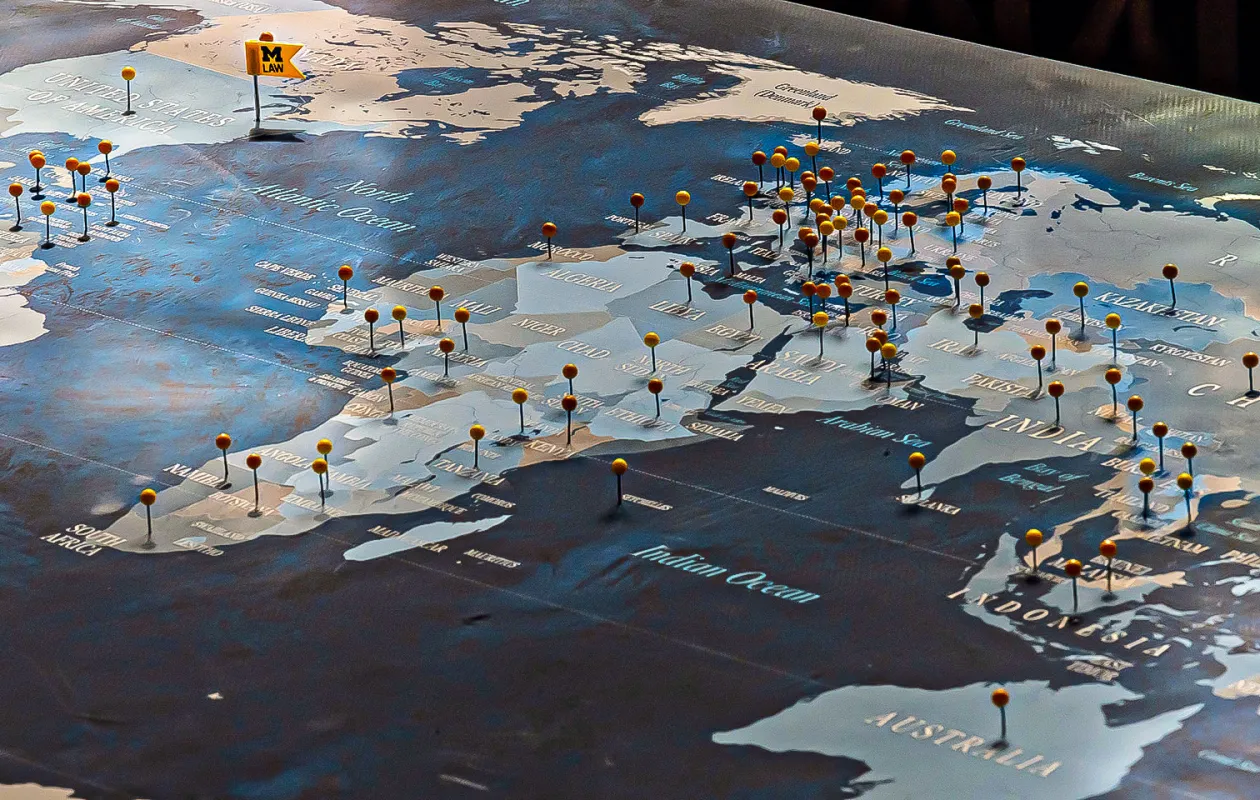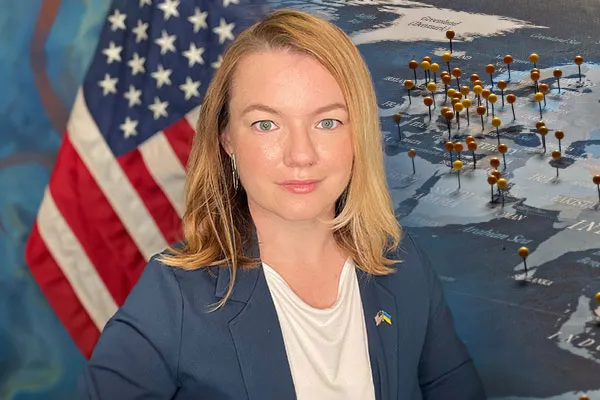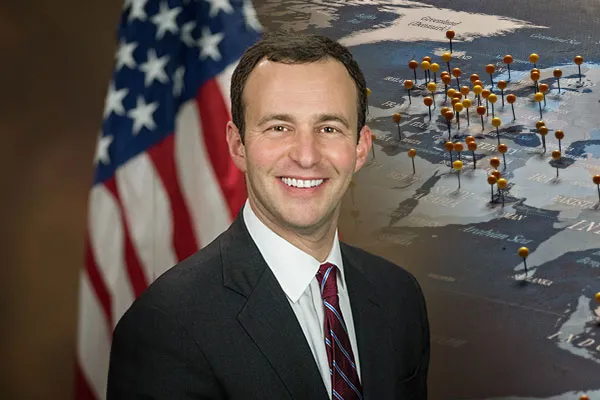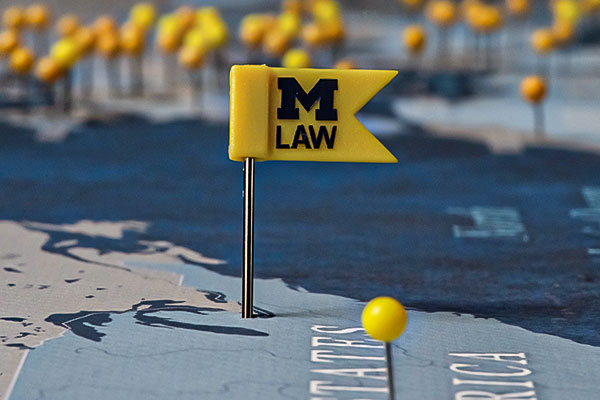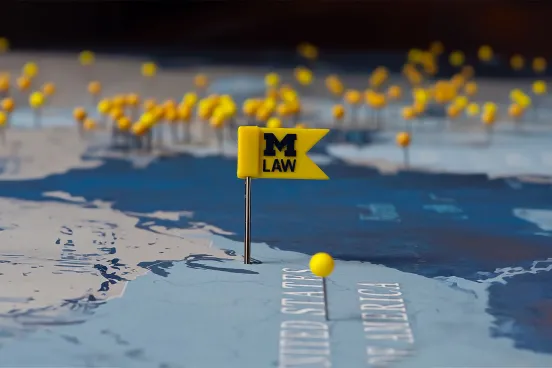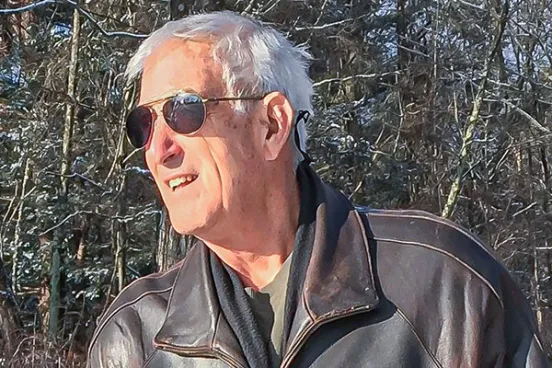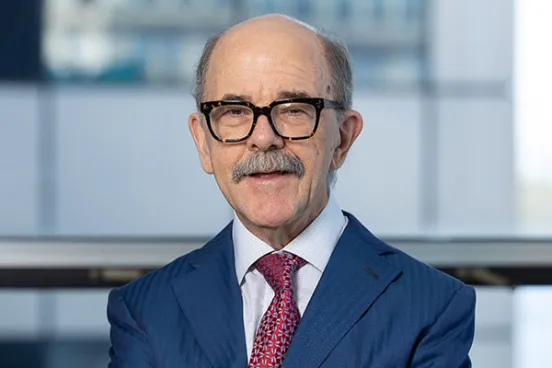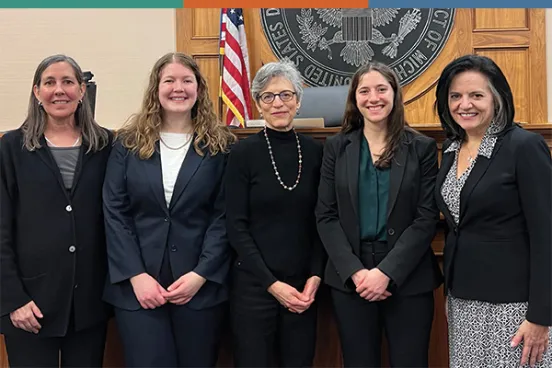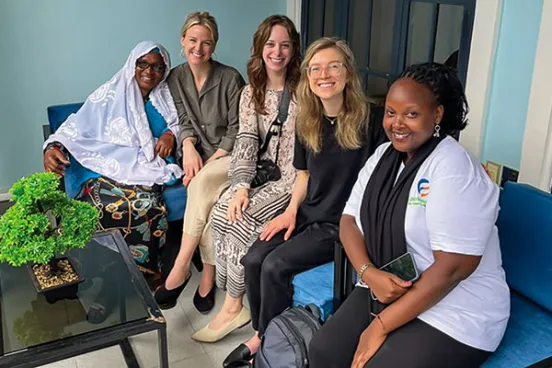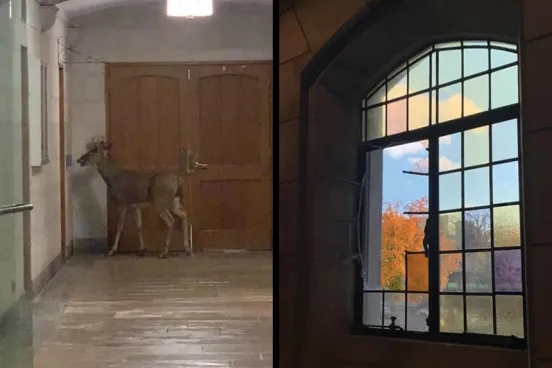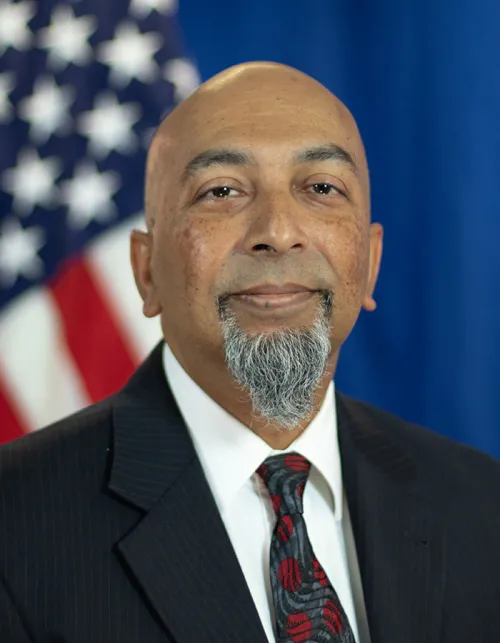
Since joining the Department of State more than 20 years ago, Priyadarshi “Pri” Sen, ’93, has served in Tijuana, Mexico; Panama City; Asunción, Paraguay; Dhaka, Bangladesh; San Salvador, El Salvador; Rio de Janeiro; and Washington, DC. Since 2022, he has been serving as the deputy chief of mission at the US Embassy in Paramaribo, Suriname.
Those of us who serve overseas in the United States Foreign Service represent our country 24 hours a day, seven days a week. In a small place like Suriname, everyone knows who we are. What we say and how we behave outside of work—and even what we buy at the local grocery store—is seen as representative of the United States.
But sometimes we face heavier responsibilities. In my very first tour as a consular officer in Tijuana, Mexico, I performed a variety of government services to American citizens abroad. This included everything from issuing passports to assisting Americans who had been injured, arrested, or victimized by crime.
When an American dies overseas, many times the embassy is the first to be notified, and part of a consular officer’s job is to notify the next of kin. It’s an emotionally heavy burden. I made quite a few of those calls when I was in Tijuana. In preparing for them—and, yes, one does have to take some time to prepare—I was acutely aware of my responsibility as a representative of the US government toward the family of a deceased American citizen.
Working in partnership
When I was working in the economic section at the US Embassy in El Salvador from 2014 to 2017, gangs had overrun the country. Citizen security was the No. 1 issue in the country, and Salvadorans were massing on the southern US border to escape the violence.
They were also seeking better economic conditions in the United States. A big part of my job in El Salvador was to work with the government there to improve economic conditions so as to take away at least one incentive for people to leave. If they could provide for themselves and their families by remaining in El Salvador, perhaps they would stay and work to improve the security situation.
I played a big role in helping El Salvador build its first slaughterhouse that could export pork products to the United States under international standards, creating jobs and helping the local economy. Since then, a new government has taken over in El Salvador and cracked down on the gangs and improved the security situation. But it has also displayed authoritarian tendencies and has not respected civil liberties. In the foreign service, you take small victories where you can.
Managing embassy operations
If the ambassador to Suriname is the chief executive officer of the embassy, then my role as deputy chief of mission can be thought of as the chief operating officer. Part of my job is to advise Ambassador Robert J. Faucher and serve as his sounding board, and I am often called on to fill in for him at events or meetings that he cannot attend.
My typical day is overseeing the operations of the embassy in the implementation of US foreign policy. This involves coordinating the work of the various offices and sections of the embassy—consular affairs, public relations, political and economic affairs, management, and others—and guiding and advising them as necessary. The heads of most of the offices at the embassy report to me as their day-to-day supervisor. I also help advance the careers of embassy staff by ensuring they have professional development opportunities.
Externally, I handle policy issues at the level under the ambassador. The ambassador will generally interact with the foreign minister or president of Suriname, but some things need to be handled at the working level. In those cases, I and others at the embassy will work with our counterparts in the Surinamese government. The same goes for multilateral foreign policy issues where I may work with foreign embassies on joint issues of interest. Once we are aligned, our respective ambassadors are prepared for coordination with the government of Suriname.


